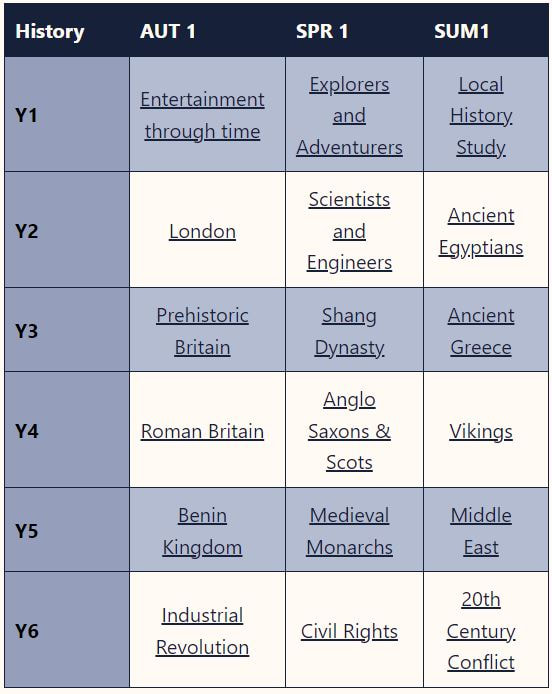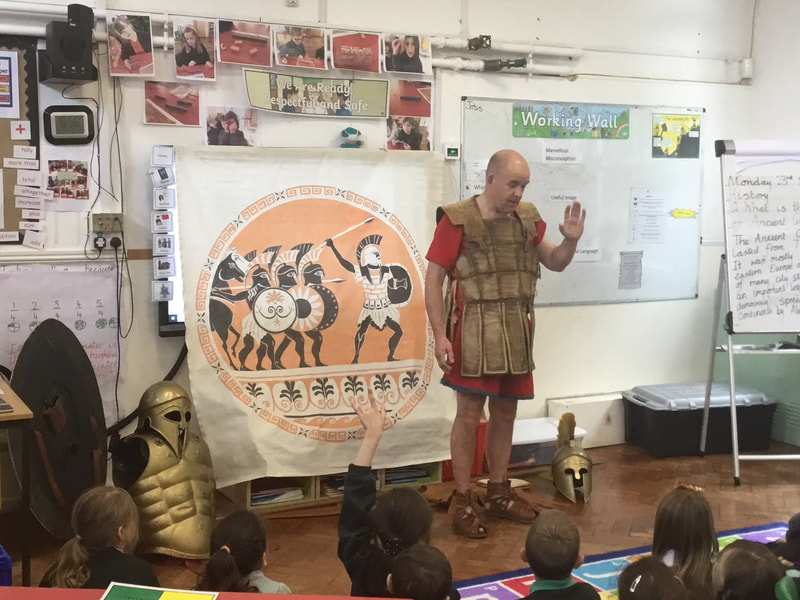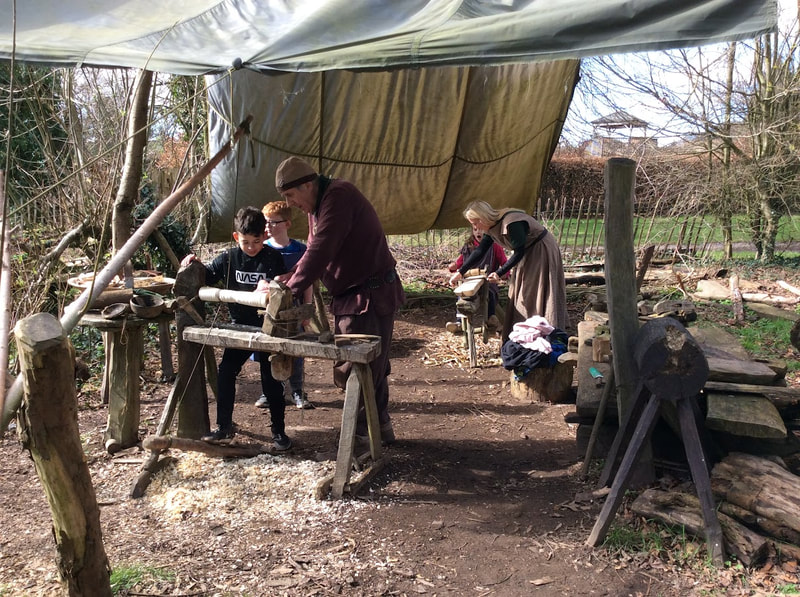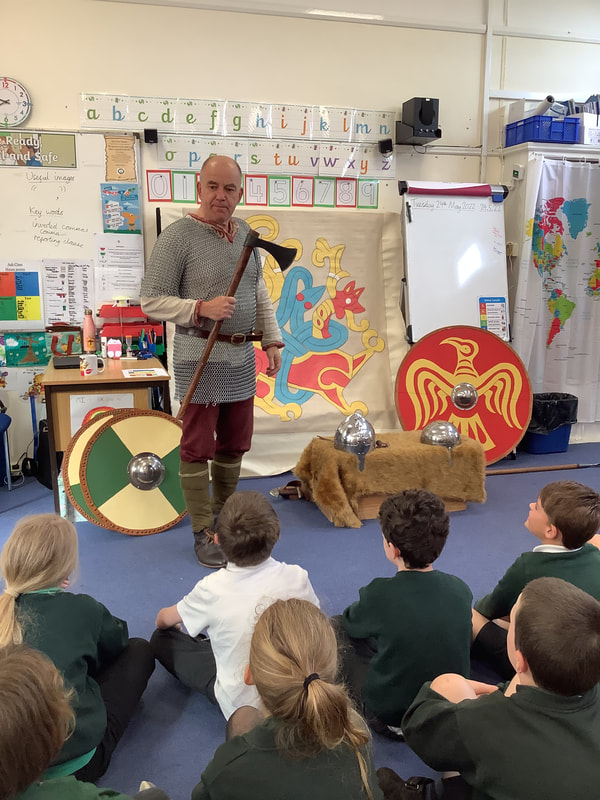HISTORY
Intent
We offer an ambitious history curriculum which challenges pupils to make connections across time and place. Our curriculum sets pupils up for a life-long love and understanding of an important subject, while providing knowledge that will make them curious, active citizens of this country and the world. Pupils are given a solid foundation and broad overview in some of the most important periods, events and themes in British and world history. The curriculum demonstrates the importance of past events in shaping the world of today by bringing pupils up to the present day through topics such as the Middle East and Civil Rights. British history is taught chronologically from the first settlements up to the Industrial Revolution and touching on Britain during the two World Wars. While studying these periods, pupils also explore themes of change and continuity, perspective and power. Our world history element of the curriculum provides global coverage, ranging from Ancient Greece, the Shang Dynasty and the Middle East through to the Benin Kingdom. Throughout the curriculum, connections and comparisons are regularly made between events and individuals. Implementation Children's history learning begins right at the start of their journey, during their EYFS years. Here, history is learnt through ‘Understanding the World’, in the topic of 'Past and Present'. This is planned within the play-based curriculum led by the children themselves and by teachers in adult led learning. Children begin to understand past events through stories and know some similarities and differences between things in the past and now. During KS1 and KS2, throughout their learning in history, pupils are taught the substantive content which defines each period. This knowledge is regularly revisited and elaborated on. More abstract concepts are carefully developed so that pupils gain an increasingly sophisticated understanding of, for example, empire. However, it is not only substantive knowledge that is taught. The disciplinary skills of history, such as source analysis, interpretation, perspective, continuity and change are all explicitly taught and practised. At the start of each unit, pupils have an opportunity to show what they already know in an elicitation task. At the beginning of each new history topic, teachers refer to classroom timelines to develop children’s understanding of chronology. Each topic is introduced with reference to the chronology of previous topics (including those from previous years). Consideration is given to how the wide range of abilities will be catered for within each lesson, as well as how learners will be supported as part of the school’s commitment to inclusion. Cross-curricular links are woven into a unit, providing pupils with opportunities to demonstrate their knowledge in other subjects. At the end of a unit, pupils complete an end of unit quiz in order to showcase their understanding. Impact The impact of our history curriculum is that our pupils demonstrate a coherent knowledge and understanding of Britain’s past and that of the wider world, in addition to being curious to know more about the past. By the end of year 6, children have a chronological understanding of British history from the Stone Age to the present day, as well as a knowledge of key periods in world history. They are able to draw comparisons and make connections between different time periods and their own lives, as well as ask perceptive questions, think critically, weigh evidence, sift arguments, and develop perspective and judgement. They are equipped with historical and analytical skills for life as an adult in the wider world and are ready for the secondary curriculum. |
OUR CURRICULUM |
|
CONTACT
North Tawton Primary School Exeter Street, North Tawton, Devon, EX20 2HB Tel: 01837 82284 Email: [email protected] Media enquiries: [email protected] |
© COPYRIGHT 2020 DARTMOOR MULTI ACADEMY TRUST. ALL RIGHTS RESERVED | Website design by brightblueC and Alex Thomas Design | Privacy notice






